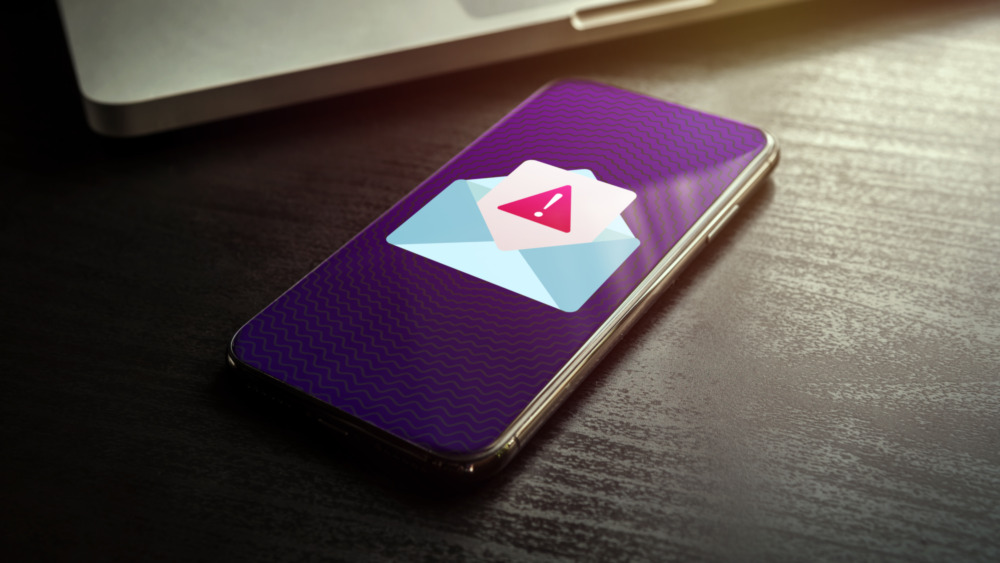Why Answering The COVID-19 Vaccine Survey Is A Big Mistake
Scammers are taking some opportunities from the COVID-19 pandemic to steal your money and identity. You may have heard about people selling and buying fake vaccine cards — now there's a new scam to watch out for where scammers are sending emails about the vaccines.
They seem to be targeting anyone who has received a COVID-19 vaccination and sending them emails where they promise cold, hard cash for filling out a survey about the vaccine. The scam comes in when they ask you for your credit card or bank information to charge you for a "free" gift, where they say you just need to pay shipping and handling fees. The scammers then charge your card or bank account multiple times, stealing your money.
None of the vaccine makers — not Pfizer, Moderna, AstraZeneca, nor Johnson & Johnson — are asking anyone to fill out surveys, and they are not paying anyone who's getting or has gotten vaccinated. While there haven't been any reports of a Johnson & Johnson vaccine survey scam email yet, the Federal Trade Commission (FTC) says it probably won't be long before scammers start sending those too (via the FTC and United States Department of Justice). So, what should you do if you get an email like this?
What to do if you get a COVID-19 vaccine survey email
First, it's important to know what to look for, so you can easily identify the scam email or text message. These emails are made to look like they are coming from one of the vaccine makers, but, of course, they are not. Remember that none of the vaccine makers are sending out emails asking for anyone to fill out surveys, and they are certainly not asking for your bank account or credit card information.
Do not click on any links or attachments in the email. The scammers have likely set up malware to be installed on anyone's computer or smartphone through those links or attachments, giving them access to all of the information on your device. Do not call any phone numbers listed in the email, and do not reply to the message.
Report the message to the FTC, mark it as spam in your email or text messages, and delete it. If that scam got through, you're probably getting other messages like it.
Filter out future scam messages with your phone's wireless provider, on your phone, or with a call-blocking app. Scammers are finding new ways to steal your information and money with the pandemic. Be suspicious of anyone asking for your money, especially in exchange for a "free" gift for filling out a vaccine survey.


